AT SPIA,





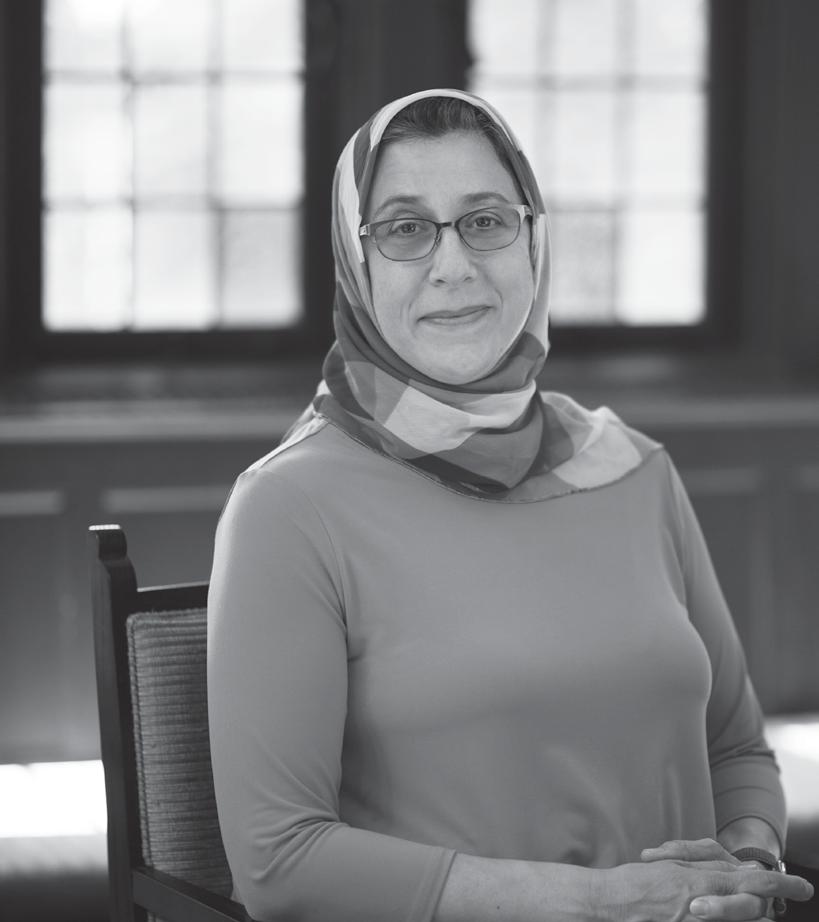
It’s hard to believe the 2021-22 academic year is behind us. Not only was it our first fully in person since the pandemic began, but also my first as dean. Throughout the course of the year, I was privileged to meet hundreds of members of our community and stakeholders who are essential to our mission at SPIA.
From lunches with faculty to dinners with students, networking events with alumni in New York City and Washington, D.C., to town halls with administrative staff, I quickly learned that ours is an incredible community united by a calling to influence positive change through policymaking and evidence-based research.
On- and off-campus, my many conversations with state and federal policymakers affirmed that there is significant buy-in for our mission and an eagerness for collaboration and partnerships. At SPIA, we’ve recently hired several key leaders in our administration and embarked on a strategic planning process. The School spent much of the year amplifying my strategic pillars: advancing efforts related to internationalization; diversity, equity, and inclusion (DEI); augmenting policy training; community building; and leveraging the data sciences.
Meaningful progress has been made on several fronts. This year, SPIA became an academic home base for displaced scholars from Afghanistan and Ukraine. We hired the School’s first associate dean for DEI. Returning to in-person events reinvigorated our community, from lectures by world-class visiting speakers to our student-organized service auction. And we mapped out a plan that will expand our policy presence close to home in New Jersey as well as in Washington, D.C.
Much more work lies ahead, and I hope you’re as excited as I am about the possibilities that are ahead of us. But first, I invite you to join me in a look back at a remarkable year through our Annual Report for fiscal year 2022.
Best wishes,
Princeton School of Public and International Affairs
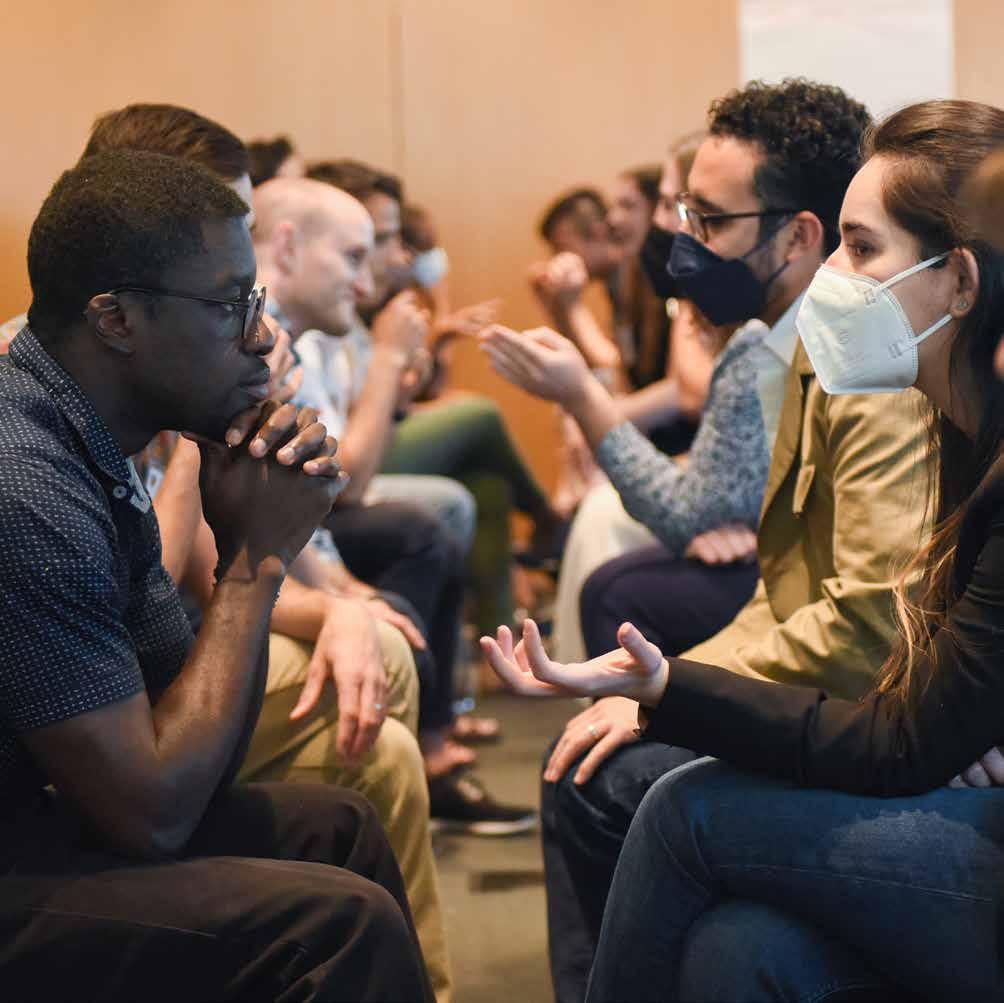

The Princeton School of Public and International Affairs (SPIA) dedicates itself to integrating world-class scholarship and a commitment to service in order to make a positive difference in the world. The School’s faculty, staff, and students develop and lead creative approaches to the challenges of public and international affairs, with particular emphasis on diverse scholarly perspectives and evidence-based analysis. The School welcomes a robust exchange of ideas and strives to foster a close-knit community that values and supports every member. The School believes that public policy in the 21st century demands a passion for service, a respect for evidence of unsurpassed quality, a global perspective, and a multiplicity of voices.
Enhancing our GLOBAL FOOTPRINT at home and abroad.
Elevating our position and visibility in POLICYMAKING within Washington, the U.S., and around the world.
Building upon the School’s DIVERSITY, EQUITY, AND INCLUSION initiatives.
Ensuring SPIA is utilizing innovations in the DATA SCIENCES for effective public policy.
Continuing to grow our COMMUNITY of students, faculty, administrators, and alumni.

The School is building partnerships with state and local policy leaders to facilitate ongoing dialogue, create pathways for sharing SPIA’s evidence-based research, and increase its presence in local communities.
The School hosted a roundtable with First Lady of New Jersey Tammy Murphy, a champion of policies that aim to decrease maternal and infant mortality and morbidity. She heard from Adriana M. Corredor-Waldron, Janet Currie, and Elizabeth Mitchell Armstrong — who are conducting research in this space — as well as students and Dean Jamal.
Murphy and her team are hoping to create a Center for Maternal and Infant Health in Trenton with the New Jersey Economic Development Authority. They are drawing upon the expertise of Heather Howard and other faculty at SPIA to help guide the process.
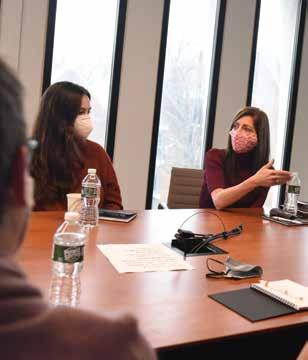
› Jonathan Mummolo met with New Jersey Assembly Member William W. Spearman (D-5) and staff to discuss the importance of uniform data collection across law enforcement agencies.

› Anastasia Mann hosted New Jersey Assembly Member Shavonda Sumter (D-35) as a guest speaker for her class, “Reparations in Global Perspective.” Asm. Sumter is the sponsor of legislation that would create a New Jersey slavery reparations task force. Tennyson Donyéa, equity and State House reporter for WHYY Philadelphia, also visited the class, which concluded with a student showcase of research at Labyrinth Books in Princeton. Jayné Johnson of the New Jersey Governor’s Office of Diversity, Equity, and Inclusion, and Kiki Jamieson, president of The Fund for New Jersey attended the showcase. Thanks to Mann’s efforts, SPIA students are now collaborating with the New Jersey Governor’s Wealth Disparity Task Force, which is examining long-standing wealth disparities affecting Black and Hispanic or Latino New Jerseyans.
› Heather Howard hosted New Jersey Assembly Member Herb Conaway Jr. ’85 (D-7) in her undergraduate Policy Task Force, “Improving Health Care for Vulnerable Populations During the Pandemic and Recovery.”
New Jersey Assembly Member
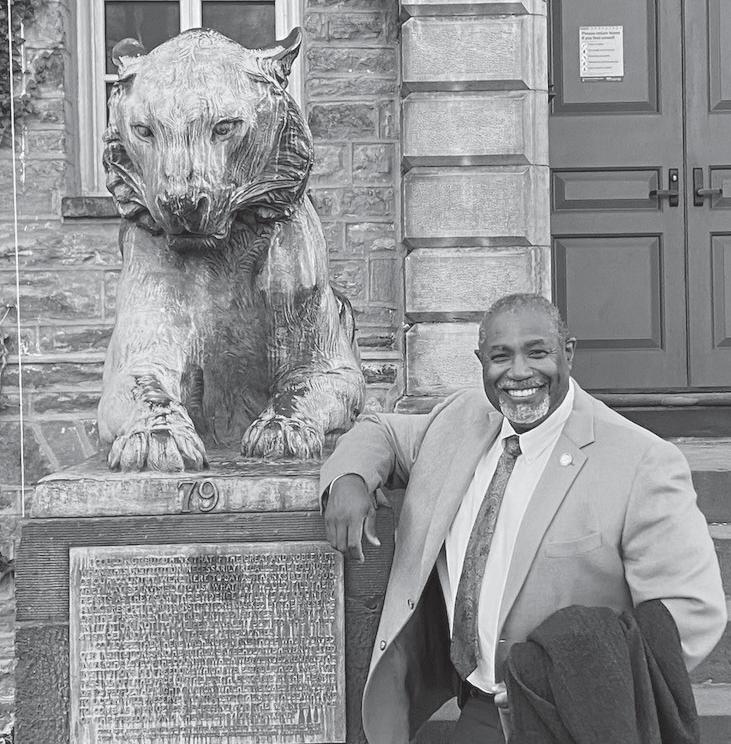
3 Meetings Between Faculty and State Officials “ I look forward to the opportunity to continue the conversation with Asm. Spearman and his team to develop potential policy or legislative approaches to this critical issue.”
A demonstrated commitment to public service unites the School’s community. The School strives to create positive change not only nationally and globally but also in the central New Jersey region the School calls home.

Below are a few activities our students engaged in across the state of New Jersey last year:
Volunteering at the Trenton Area Soup Kitchen
Helping neighbors with applications for the Excluded New Jerseyans Fund, which assists those who suffered hardship because of COVID-19 but were excluded from federal stimulus checks or unemployment assistance
Trenton
Preparing guest hygiene kits for Elijah’s Promise Community Kitchen

New Brunswick
Hamilton Princeton Camden
Working on the Wildflower Berm maintenance project at the Grounds for Sculpture
Hosting a community gardening day at the Resilient Roots Farm
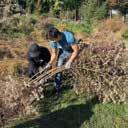
The School is actively elevating its position in Washington, D.C., the center of policymaking for the U.S., with the goal of linking faculty and students directly to policymakers. The School also makes faculty research accessible to government officials, advocacy groups, and think tanks through targeted outreach and closed briefings.
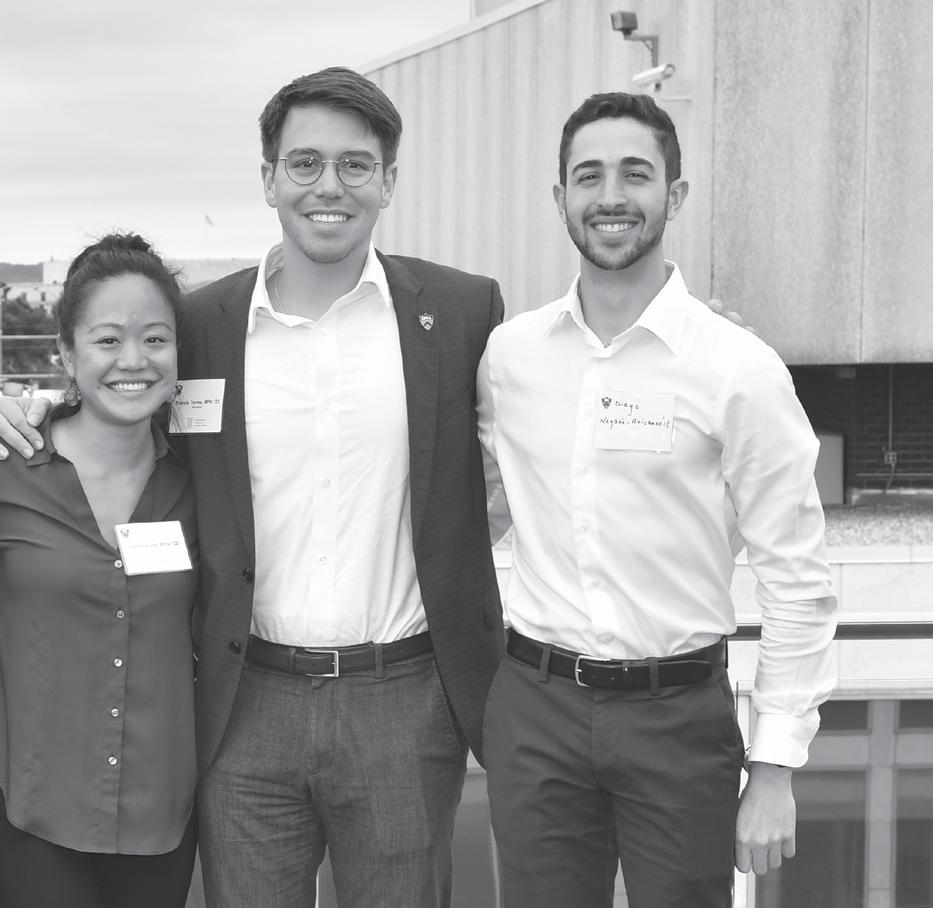
10Introductions Between Dean Amaney Jamal & Government Officials
7Congressional Briefings/Meetings Held With 12 Faculty
It was a privilege to meet with Congressman Raja Krishnamoorthi ’95 (D-Ill. 8th District) and discuss the economic forces underlying supply chain disruptions, the prospects for them easing over the medium and long run, and the potential implications for public policy.”
The closed briefing was organized by SPIA and Princeton’s Office of Government Affairs.
The Supreme Court’s ruling limiting the Environmental Protection Agency’s power will remake the regulatory landscape. In advance of the decision, Michael Oppenheimer and others filed a scientists’ amicus brief to the Supreme Court, warning of possible dangers.
Director, Center for Policy Research on Energy and the Environment (C-PREE)
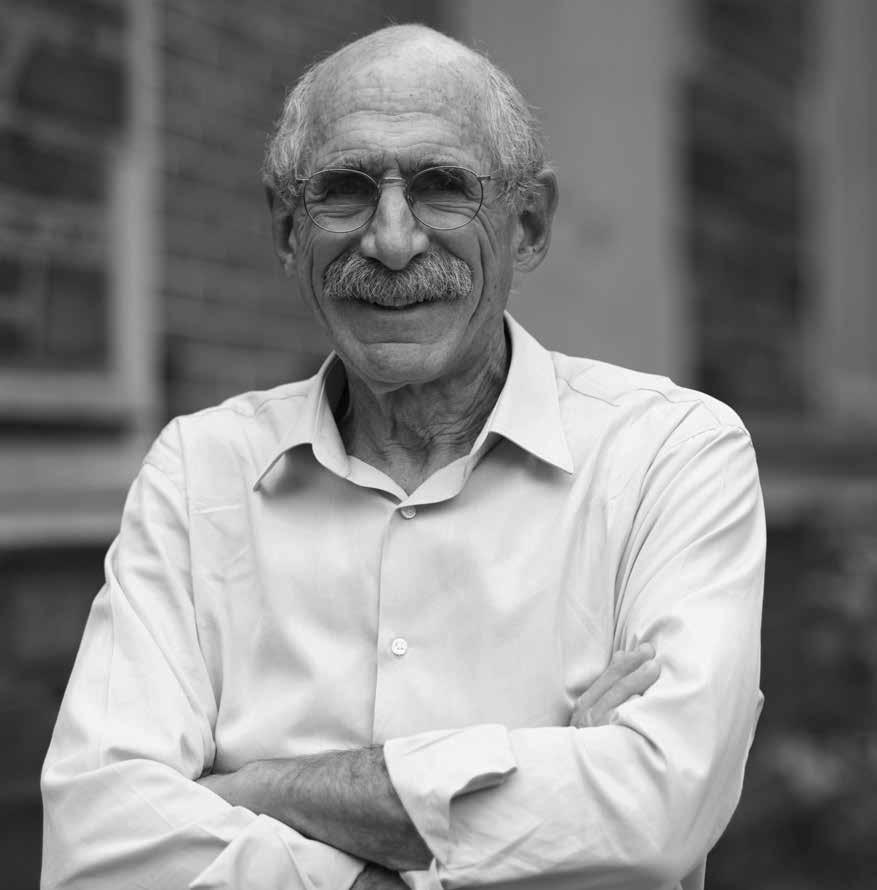
“
The Biden administration had a good plan that might get us on track to avoiding dangerous climate change. I’m afraid this decision will disrupt that possibility for the U.S. and for Michael Oppenheimer
At a hearing held by the U.S. Senate Committee on Commerce, Science, and Transportation, Edward Felten provided three recommendations for the Federal Trade Commission to strengthen consumer protection: greater civil penalties, a strong rule-making framework, and empowerment of the technology workforce.
Christopher Chyba presented on nuclear deterrence and arms control, new technologies, and the dangers of nuclear escalation at a closed briefing on Capitol Hill.
“ The last few months have given us all a grim reminder of the continuing threat of nuclear weapons use, and today’s nuclear landscape has shifted in important ways since the Cold War. Our hope is to assist wise policymaking by mapping out some of this new landscape and by assessing the continuing relevance of old insights.”
— Christopher Chyba Professor, Astrophysical Sciences and International Affairs

Noreen Goldman met with Georgia Moore of the Centers for Disease Control and Prevention’s Center for State, Tribal, Local, and Territorial Support to discuss the huge loss in life expectancy among Native Americans in 2020 and 2021 due to COVID-19 — a recent focus of Goldman’s research that received widespread media attention. The meeting was organized by Princeton’s Office of Government Affairs
Janet Currie briefed President Joseph R. Biden, Vice President Kamala Harris, and members of the president’s economic team at a meeting focused on the economics of infrastructure investments. Currie, an economist, focused her remarks on the effects of lead exposure on outcomes for children. Secretary of the Treasury Janet Yellen later cited Currie’s research on the detrimental impacts of lead exposure on children at the Stanford Institute for Economic Policy Research’s 2022 Economic Summit.
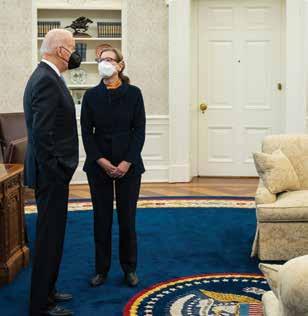

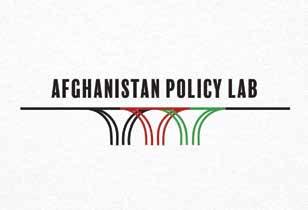
To contribute toward — and advocate for — Afghanistan’s rebuilding, the School launched the Afghanistan Policy Lab (APL) at SPIA. The lab aims to help build an inclusive, peaceful, and prosperous Afghanistan equally representing all citizens. Eight academic fellows from Afghanistan, who worked previously in support of U.S. government efforts there, will collaborate with members of Princeton SPIA’s academic community on policy-relevant research. The effort is led by Amb. Adela Raz, director of APL, and supported by the School and the Liechtenstein Institute on Self-Determination.
“ Our School is committed to being responsive to needs within the global community and providing humanitarian support. Our fellows will address the impact of the U.S. withdrawal from Afghanistan and will influence policy recommendations for the country.”
Our researchers met virtually with staff members of the New Jersey delegation in January 2022 to discuss the situation in Ukraine. Jacob N. Shapiro set the scene, providing background on how we arrived at this moment, while Kim Lane Scheppele focused on domestic politics. Melissa Lee then provided a broader strategic picture behind Russia’s motives.
The briefing, organized by SPIA and Princeton’s Office of Government Affairs, inspired the virtual panel discussions that aired after Russia’s invasion into Ukraine.
The School is committed to enhancing its global footprint and remains at the forefront of the study of emerging policy issues in Africa, Asia, Europe, Latin America, the Middle East, and other regions around the world.

“
We’re experiencing a new ‘scramble’ for Africa, and development assistance is quickly morphing into new strategic investments from world powers. Through this partnership, we can explore how Africa can use this trend to its advantage, especially during this time of rapid political and economic transitions.”
Under the guidance of Leonard Wantchekon, members of the African School of Economics and the African Union Development Agency signed a memorandum of understanding with Princeton University to work on research and capacity development collaborations in Africa. Together, the organizations will capitalize on each other’s knowledge and generate policy-based research focused on education, energy, health, and human capital investment topics.
Development economics has witnessed a revolution through the application of experimental methods to policy analysis. Under the leadership of the newly appointed Seema Jayachandran and Pascaline Dupas, two of the most recognized researchers in the field, Princeton’s recently launched Research Program on Development is poised to become one of the leading institutions that the agenda in this important area of research.
James Madison Professor of Political Economy and Professor of Politics and International Affairs
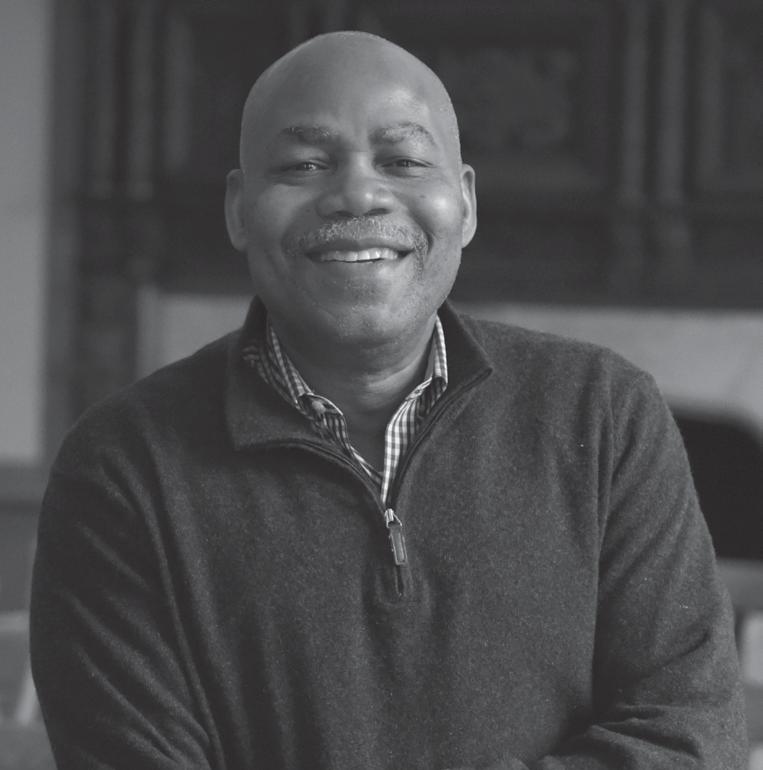
The Center for International Security Studies, led by G. John Ikenberry, co-hosted a workshop with the University of Tokyo Institute for Future Initiatives in Tokyo. Five current graduate students and three recent Ph.D. graduates presented a piece of their research.
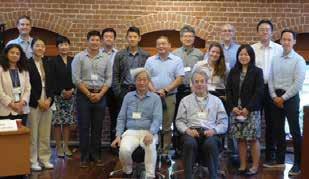
“
There is real enthusiasm on both the Princeton and Japanese side to continue building ties in this way.”
— G. John IkenberryDean Jamal and Amb. (Ret.) Daniel Kurtzer were among the world leaders who gathered at the Doha Forum in Qatar. On the agenda: geopolitical alliances and international relations; financial systems and economic development; defense, cyber, and food security; and climate change and sustainability.
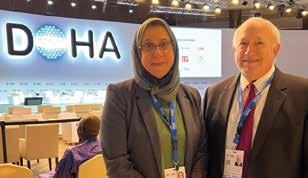
Melissa Tier, a doctoral degree candidate (left), and Lisa Thalheimer, a postdoctoral research associate at the Center for Policy Research on Energy and the Environment and the official Princeton University delegate (right), attended the 26th U.N. Climate Change Conference, known as the #COP26 conference, in Glasgow, Scotland. While there, the two connected with media members and climate scientists to discuss climate adaptation and policy solutions.

“

The highest priority of our DEI efforts is to create and foster an environment that is inclusive and welcoming of all backgrounds, perspectives, and identities — not to elevate any one voice above another, but to ensure all voices are equally heard.”
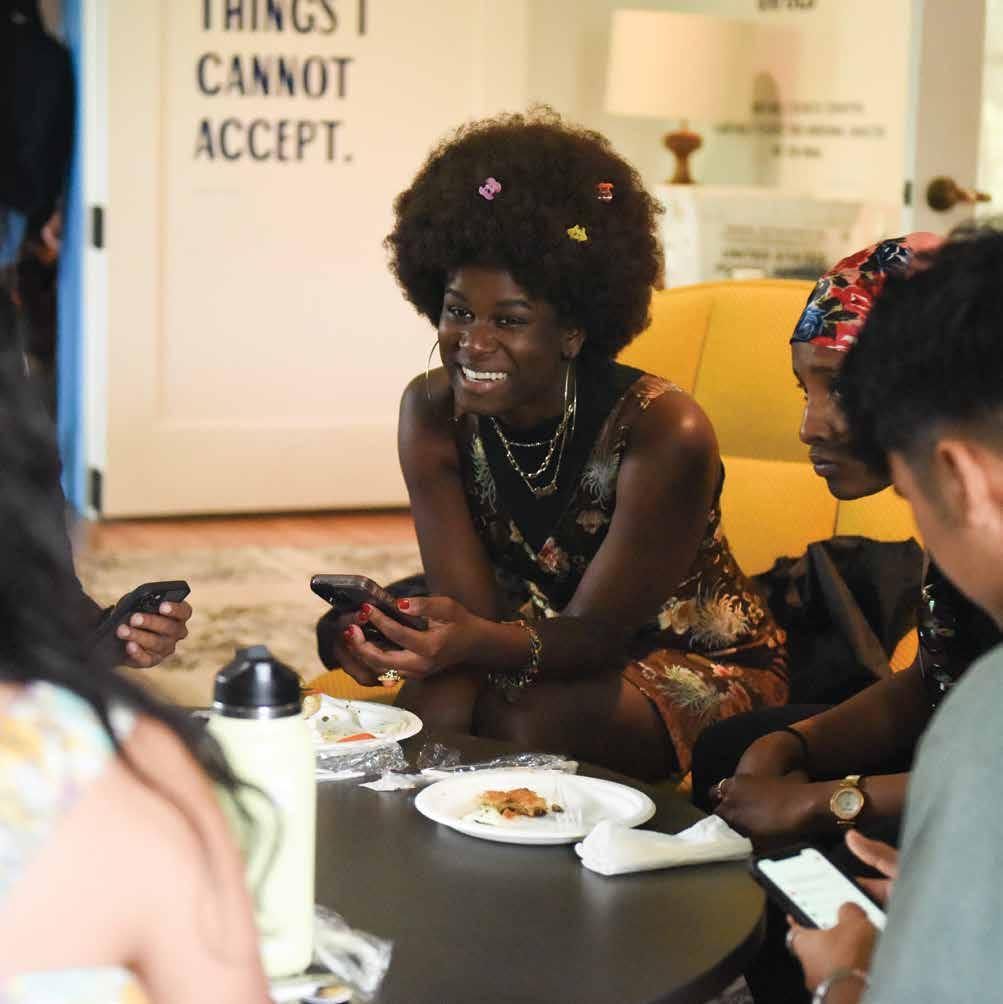 — Amaney Jamal
— Amaney Jamal
Dean, Princeton School of Public and International Affairs

The School is committed to ensuring that all members of its diverse community feel respected, supported, and valued both inside and outside the classroom. The School seeks to strengthen the capacity of its students to promote equity and foster inclusion while here and in the broader world.
The School hosts weekly dinners to create a sense of community for students with historically marginalized identities.
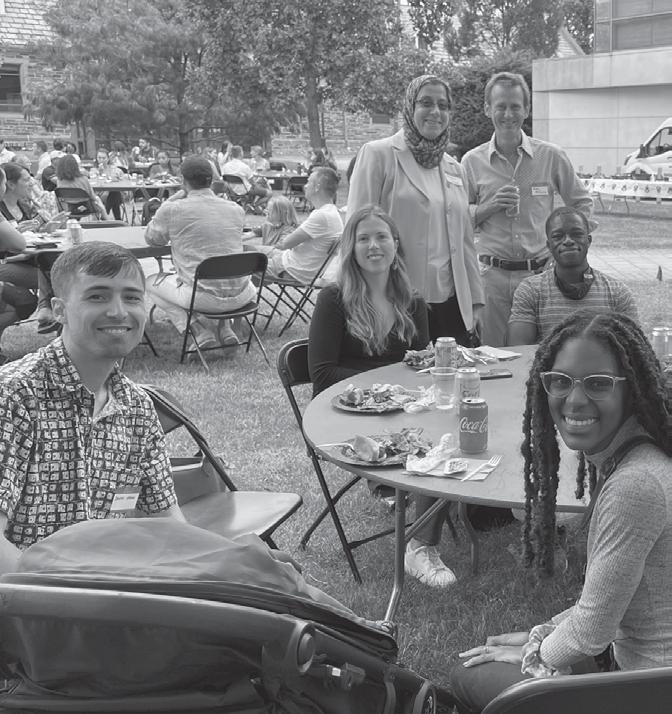
Last year, Dean Jamal attended several of these mealtime discussions, which focused on race and anti-racist leadership, reparations, classism, criminal justice reform, policing, nationalism and race in international development, reproductive justice, education equity, disability rights, colorism, and LGBTQ rights from an international perspective.
Last year, the series had 133 attendees.
Our students and staff were recognized at Princeton University’s BADI Awards, which honor and celebrate the University’s underrepresented minority graduate students as well as those who advance them.
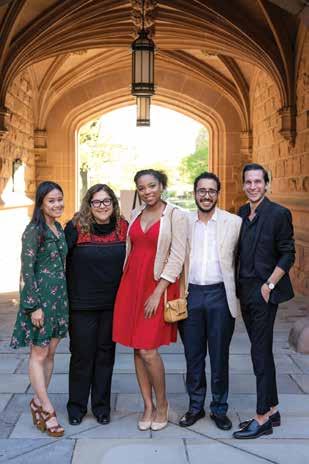
Kat Phan MPA ’23
Outstanding Divisional Leadership Award
Joscelyn García MPA ’22
Krystal Cohen ’21 MPA ’25 Guillermo Herrera Nimmagadda MPA ’22 Ryan Sasse MPA ’23
Laura De Olden
Associate Director of Graduate Student Life and Diversity Initiatives
Four new workshops were held last year:
• Justice and Public Policy
Racial Equity Policy Analysis

Authentic Interpersonal Interactions and Effective Communication for Policymakers
Combating Imposter Syndrome
Other workshops offered included equity and inclusion training for first-year MPA and Ph.D. students, overcoming racism classes, and multiple mental health workshops.

This year’s SAOC symposium — “Thinking Beyond Borders and About Transnational Solidarity” — addressed issues of social and racial justice from a global perspective, shining a spotlight on the global nature of oppression, resistance, and freedom.
Speakers included:
• Varsha Gandikota-Nellutla MPA ’19
Member of the Cabinet of Progressive International
• Eric Johnson MPA/JD ’03 Mayor of Dallas
The symposium had 75 alumni attendees.
The School hosted its inaugural First Generation Retreat, spearheaded by the graduate student leaders of First., which empowers, elevates, and amplifies the voices of “Firsts” — low-income and firstgeneration students and alumni.

Speakers included:
• Frederick Wherry MPA ’00, Ph.D. ’04 Vice Dean for Diversity and Inclusion, Princeton University
• Seema Thomas ’08 MPA
U.S. Department of Housing and Urban Development
The retreat had 60 attendees.
35
25 Graduate Students
Faculty, Alumni, and Staff
Tapping into the power of the data sciences helps to create more effective public policies. This is why it’s one of the School’s top strategic priorities. Below are some of the efforts currently underway at the School.

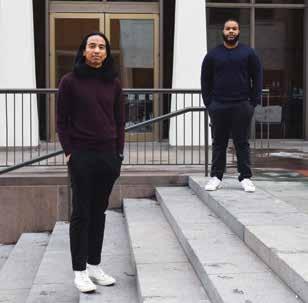
The Empirical Studies of Conflict Project and the Data-Driven Social Science Initiative launched a program that is preparing recent college graduates from underrepresented backgrounds to conduct data-driven research. The inaugural fellows are Hanjatiana Nirina Randrianarisoa, a graduate of Trinity College, and Christopher Buckley, a graduate of the University of Illinois Urbana-Champaign, who are studying fake news and misinformation along with social media and policy preferences.
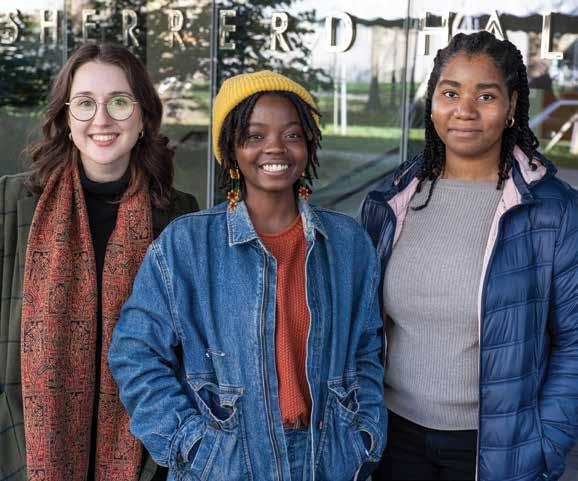
Klaudia Ja´zwi´nska, Kenia Hale, and Christelle Tessono — three recent University graduates from diverse backgrounds — became part of the inaugural class of Emerging Scholars, which aims to help people start careers that combine technology and public policy. They joined a cohort of nine fellows already conducting research and policy engagement at the Center for Information Technology Policy
Arvind Narayanan — a computer scientist whose pioneering approach to teaching and research has shaped the study of fairness in algorithms, cryptocurrencies and blockchains, and advanced privacy technologies — was appointed director of Princeton’s Center for Information Technology Policy, effective July 2023.
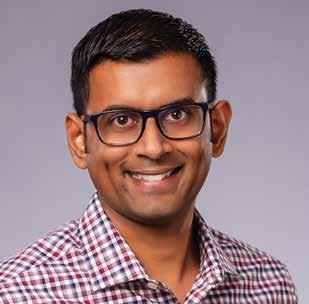

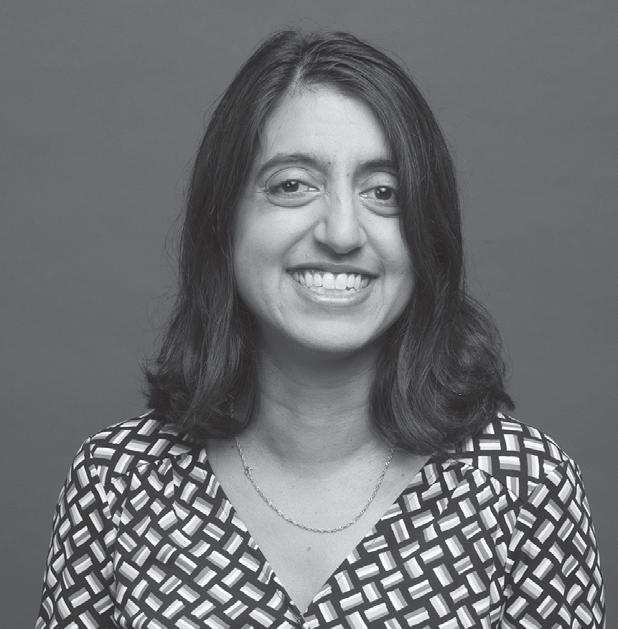

Our faculty are lauded for their academic contributions on campus, nationally, and internationally. A self-submitted award list follows for fiscal year 2022.
Alexander Glaser
Jury Award for Extended Reality Experiences, South by Southwest Film Festival
Bryan T. Grenfell
2022 Kyoto Prize –– “Development of an Innovative Methodology for Integrative Analysis of Pathogen Evolution and Epidemics”
Alexandre Mas Fellow, Econometric Society
Atif Mian Fellow, Econometric Society
Fellow, American Physical Society, Appointee, U.N. Secretary-General’s Advisory Board on Disarmament Matters
Sébastien Philippe Nominee, 2021 Arms Control Person of the Year, Arms Control Association
Stephen J. Redding Nicholas J. Nicholas Jr. Fellow, Griswold Center for Economic Policy Studies, Princeton University, 2021–2022
Co-Chair, National Academies of Sciences, Engineering, and Medicine Ad Hoc Committee on Equity and Innovation
Elke Weber Director, Fung Global Fellows Program
Deborah J. Yashar Director, Princeton Institute for International and Regional Studies
Julian Zelizer
Lapidus-Weisberg Fellow, New-York Historical Society, 2022–2023
Henry Putnam University Professor of History and Public Affairs
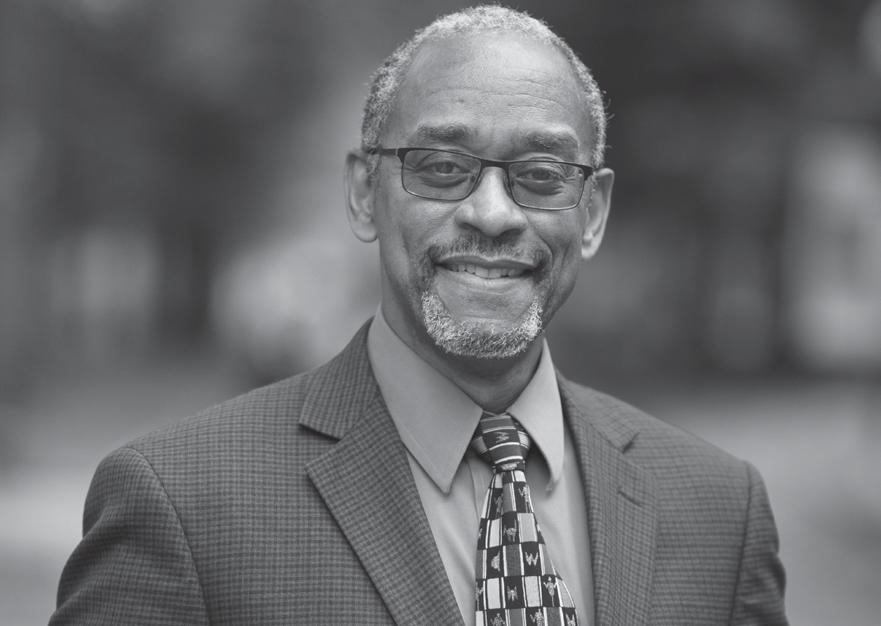
Fixing Social Security: The Politics of Reform in a Polarized Age
 By: R. Douglas Arnold
By: R. Douglas Arnold
The Case for Case Studies: Methods and Applications in International Development Co-edited by: Jennifer Widner, Michael Woolcock, and Daniel Ortega Nieto

Robots and AI: A New Economic Era Co-edited by: Gene M. Grossman and Lili Yan Ing

9/11 and the Rise of Global Anti-Terrorism Law: How the UN Security Council Rules the World Co-edited by: Kim Lane Scheppele and Arianna Vedaschi

Pushing Cool: Big Tobacco, Racial Marketing, and the Untold Story of the Menthol Cigarette
 By: Keith Wailoo
By: Keith Wailoo
Abraham Joshua Heschel: A Life of Radical Amazement By: Julian Zelizer

Defining the Age: Daniel Bell, His Time and Ours Co-edited by: Julian Zelizer and Paul Starr

The Presidency of Donald J. Trump: A First Historical Assessment Edited by: Julian Zelizer

The School’s research centers and programs provide a framework for organizing and elevating our faculty’s research interests:
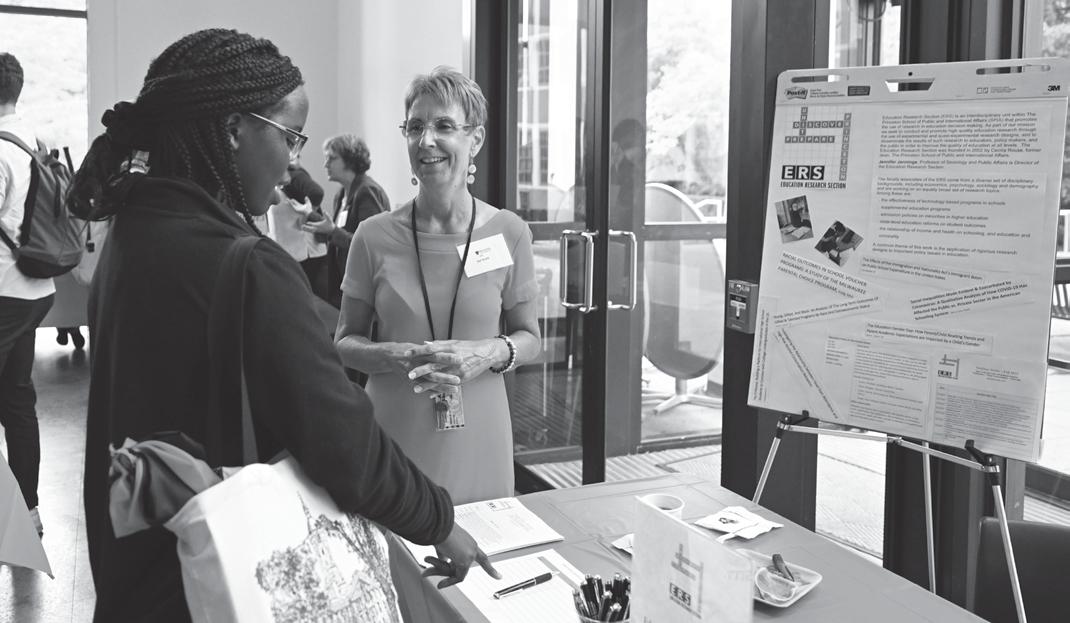
Bendheim-Thoman Center for Research on Child Wellbeing
Center for Health and Wellbeing
Center for Information Technology Policy
Center for International Security Studies
Center for Policy Research on Energy and the Environment
Center for the Study of Democratic Politics
Education Research Section
Empirical Studies of Conflict Project
Innovations for Successful Societies

Julis-Rabinowitz Center for Public Policy & Finance
Kahneman-Treisman Center for Behavioral Science & Public Policy
Liechtenstein Institute on Self-Determination
Niehaus Center for Globalization & Governance
Office of Population Research
Princeton Survey Research Center
Law at Princeton
Program on Science and Global Security
Research Program in Development Studies
Research Program in Political Economy
Our undergraduate concentrators are interested in public service and leadership in the world of public and international affairs.
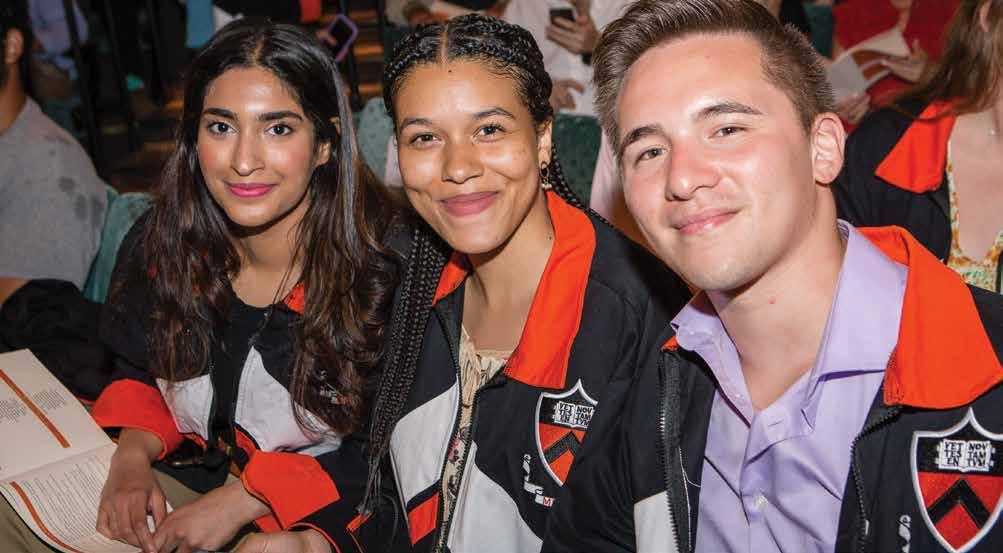
Our undergraduate concentrators are interested in public service and leadership in the world of public and international affairs.
Our graduate students are extraordinary and engaged leaders from the U.S. and across the globe.
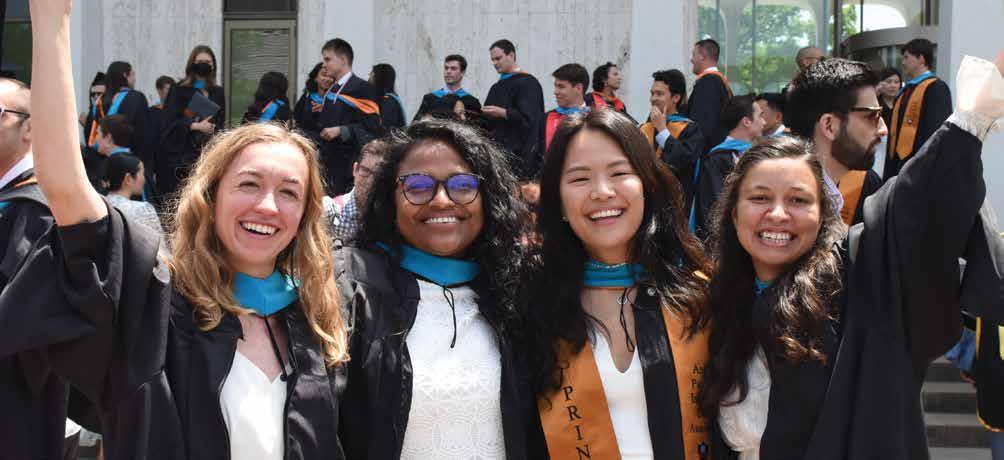
The Undergraduate Concentration allows for a significant amount of customization, but with the structure and guidance needed for an education that is both broad and deep.
The Master in Public Affairs is a two-year, full-time residential program offering rigorous preparation and interdisciplinary training for international and domestic public policy careers.
The Master in Public Policy is a one-year, full-time residential program for midcareer professionals who are emerging leaders in international and domestic public affairs.
The Ph.D. in Public Affairs offers two research clusters: Security Studies; and Science, Technology, and Environmental Policy (STEP).
The Policy Task Force is a distinctive feature of the undergraduate curriculum, enabling students to address unfinished questions of public policy and present their recommendations to a real-world client.
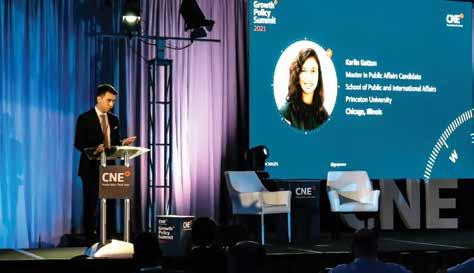
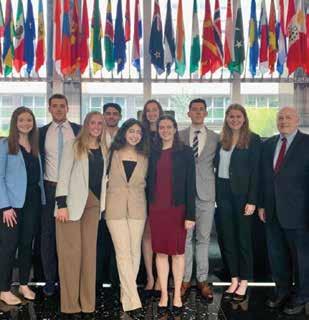
The Graduate Policy Workshops are somewhat similar, providing graduate students with an opportunity to use the analytical skills they acquired in the first year of the program to analyze complex and challenging policy issues, usually for real-world clients.
SPIA at State. Members of Amb. (Ret.) Daniel Kurtzer’s Policy Task Force, “Leadership in Protracted Conflicts,” met with five senior Bureau of Intelligence and Research analysts and presented their findings on leadership in protracted conflicts.
“
The sessions were beyond excellent. The student presenters were highly professional and commended for their crisp, smooth, and in-sync presentation ... Today was one of the best experiences I’ve had with my task forces over the years.”
On the Hill. Students in the Policy Task Force “U.S. Policy Toward Its Territories: The Forgotten U.S. Citizens,” taught by Eduardo Bhatia ’86, drafted a junior policy memo, making a case for what the new U.S. territorial policy should be. They traveled to Washington, D.C., and presented policy recommendations to the House Committee on Natural Resources.
Traditional fountain jump after class of 2022 submit senior theses.
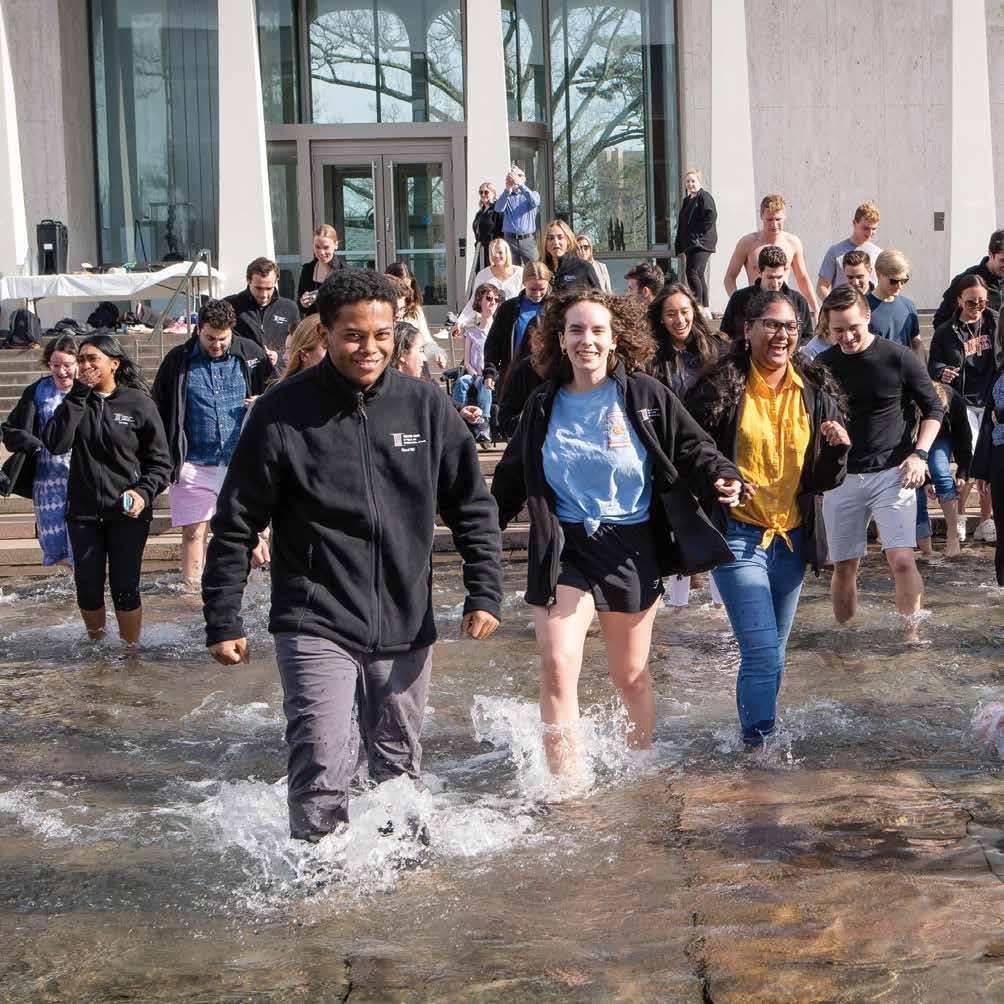
As members of small cohorts in full-time residential programs, students really get to know their classmates and learn from each other’s diverse experiences, interests, and backgrounds.
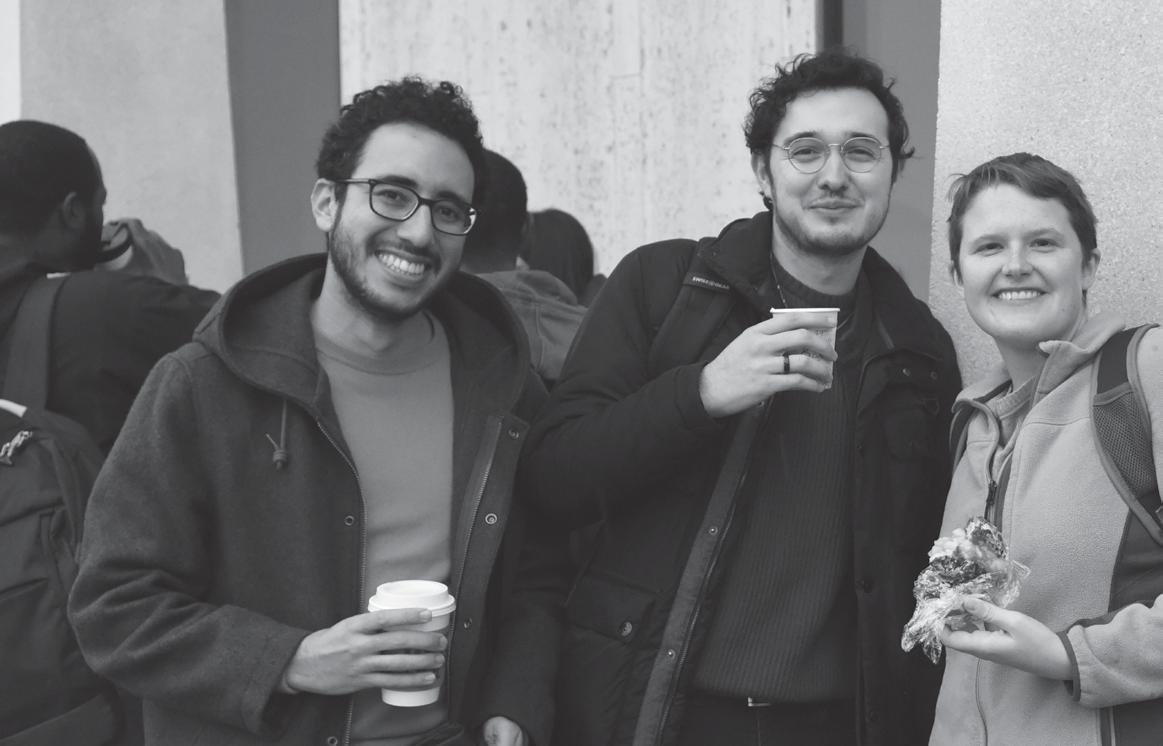
Students have the opportunity to engage in the officially recognized student organizations, as well as student-led initiatives, diversity workshops, diversity network dinners, and more.
Below are the School’s officially recognized organizations.
Undergraduate
• The Undergraduate Student Advisory Committee
Graduate
• Gender and Policy Network
• Journal of Public and International Affairs
• Princeton University Policy Student Government
• Students and Alumni of Color Association
• First.

Our graduate students organize an annual service auction to raise funds for Isles, Inc. — a community development organization based in Trenton, New Jersey, and founded by Princeton alumnus Marty Johnson ’81. Held in March 2022, this year’s event raised nearly $19,000 to support the nonprofit’s mission to help at-risk youth finish their education, become self-reliant, and serve as leaders in their own communities.
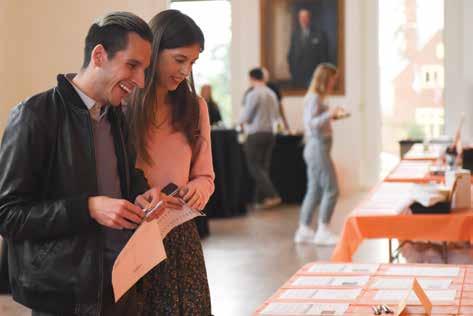
The SPIA community also holds annual holiday food drives benefiting Mercer Street Friends Food Bank and Womanspace and participates in the University’s Tiger Trot for Hunger 5k, benefiting Arm In Arm.
Hug Your Heroes. Kristin Lynch ’05, MPP ’22 poses with Jane Mayer, a staff writer at The New Yorker and author of “Dark Money,” who visited SPIA to discuss politics, public policy, campaign finance, and the evolving role of media.

Students attend lectures by leading policymakers and practitioners, participate in extracurricular organizations, and conduct fieldwork around the globe.
The Leadership Through Mentorship Program brings in high-level policy leaders and practitioners to the School. Below are the visitors the School hosted through the 2021-22 academic year.
Gen. John Allen, USMC (Ret.)
President, The Brookings Institution; Former commander, NATO International Security Assistance Force and U.S. Forces in Afghanistan
Pamhidzai Bamu
Law Programme Coordinator for Africa, Women in the Informal Economy Globalizing and Organizing; Deputy Chair, African Labour Law Society
Sue Biniaz
U.S. Deputy Special Envoy on Climate Change
Cynthia Coe
Deputy Chief, Special Litigation Section, Civil Rights Division of the U.S. Department of Justice
Mercedes D’Alessandro
National Director of Economy and Gender, Ministry of Economy, Argentina
Ezekiel J. Emanuel
Vice Provost for Global Initiatives; Diane v.S. Levy and Robert M. Levy University Professor; Co-Director of the Healthcare Transformation Institute, University of Pennsylvania
Haddy Gassama
National Director of Policy and Advocacy, UndocuBlack Network
Khashayar Ghashghai
Director, Office of Human Rights and Humanitarian Affairs, Bureau of International Organization Affairs
Epidemiologist; Clinical Assistant Professor of Medicine and Infectious Diseases, Grossman School of Medicine, New York University
Shamil Idriss
Chief Executive Officer, Search for Common Ground
Maureen Johnston
Trial Attorney, Special Litigation Section, Civil Rights Division of the U.S. Department of Justice
Megan Marks
Trial Attorney, Special Litigation Section, Civil Rights Division of the U.S. Department of Justice
Jane Mayer
Chief Washington Correspondent and Staff Writer, The New Yorker
Sarah McBride
Delaware State Senator, 1st District
Amb. Juan Carlos Pinzón MPP ’10 Ambassador of Colombia to the United States
Former Senator, Nevada (1987–2017); Former Senate Majority Leader (2007–2015)
Sonal Shah
President, The Asian American Foundation
Eddy Zheng
President and Founder, New Breath Foundation; 2019-21 Rosenberg Foundation Leading Edge Fellow
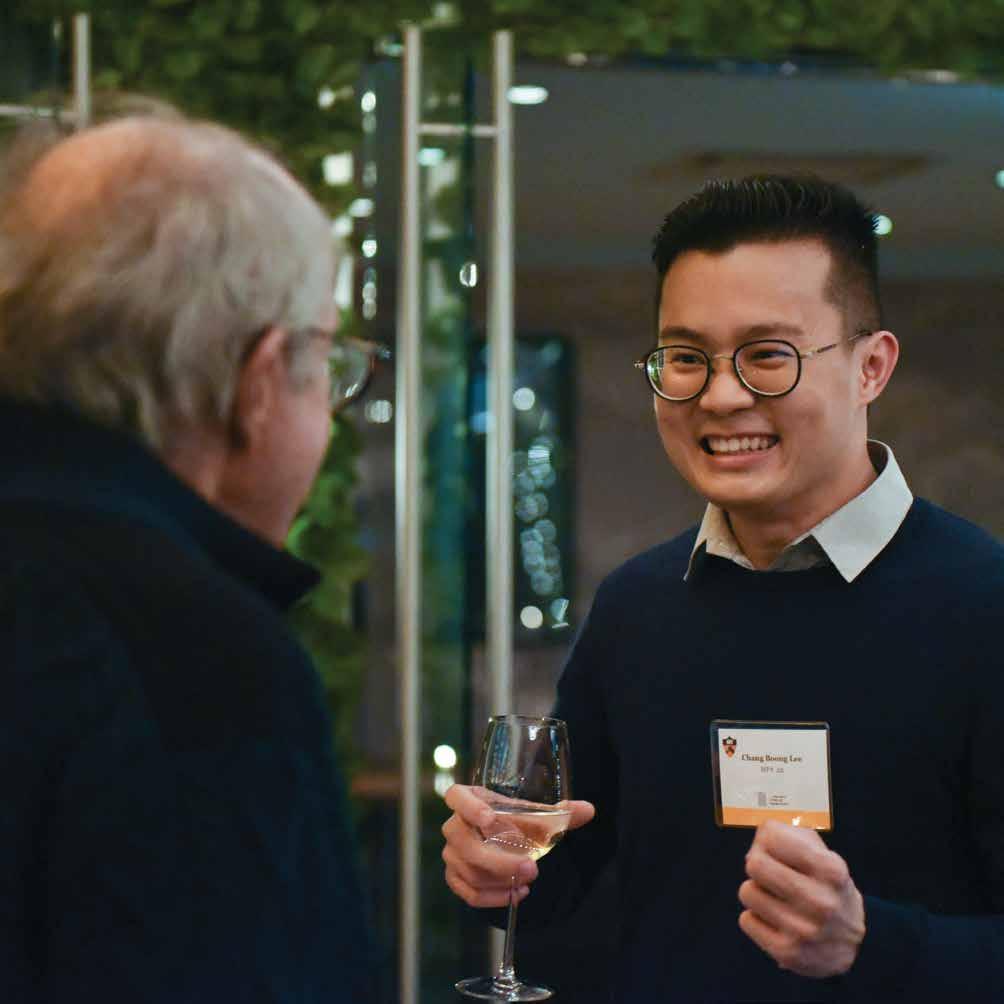
Around 60 alumni from a range of class years gathered for Dean Jamal’s first in-person alumni event at Butter in midtown Manhattan. She shared her strategic priorities and how alumni can get involved with the School. “We are the SPIA family, and we’re obligated to come together to work toward policy solutions,” Dean Jamal said at the March 4 event.
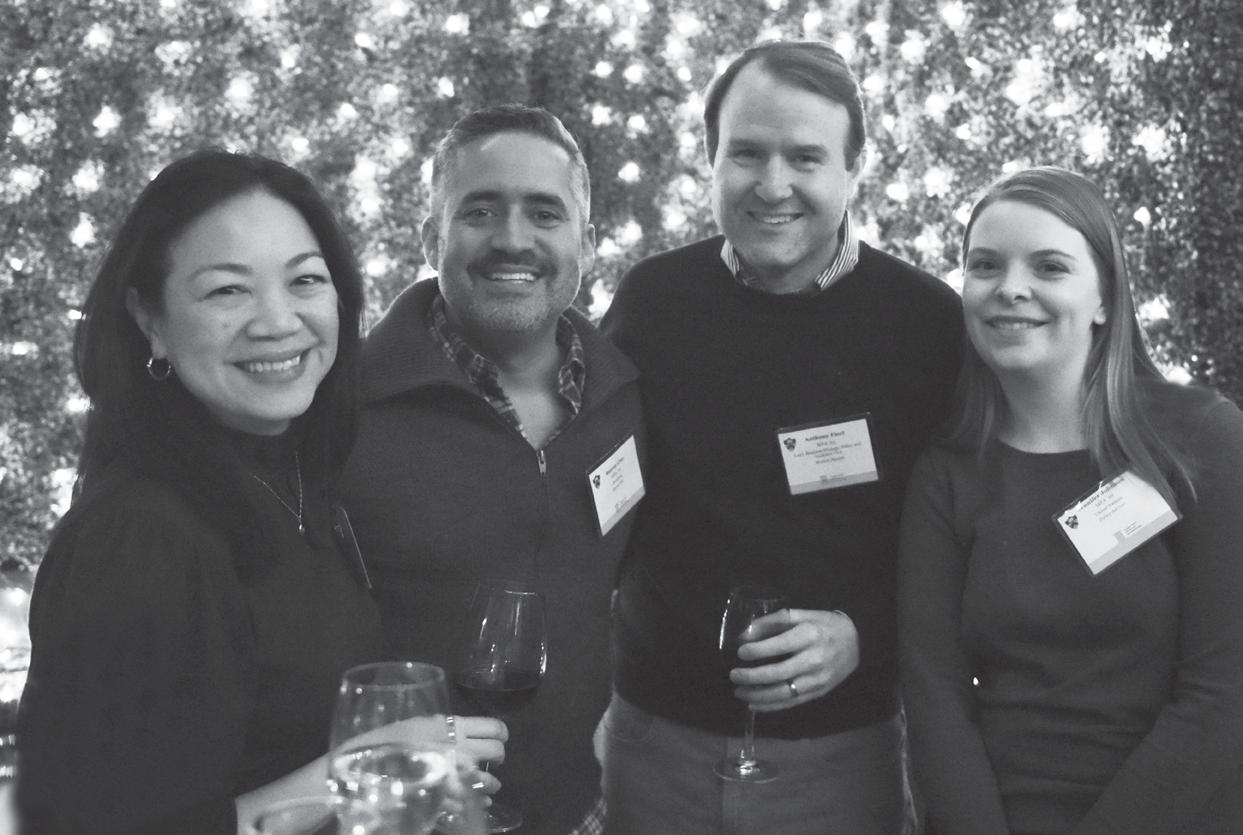
Connections with our alumni last a lifetime. Over the past year, as pandemic restrictions have gradually lifted, the School has made a concerted effort to reconnect with its alumni — and offer opportunities for them to reconnect with one another.
WASHINGTON, D.C.
Dean Jamal hosted her first Washington, D.C., alumni event on May 26. Nearly 150 alumni gathered to reconnect — some for the first time since the COVID-19 pandemic began — and hear about her vision for the School. Guest alumni speakers included Sara Lopez MPA ’10, Christina Henderson MPA ’12, and Chris Kojm MPA ’79.
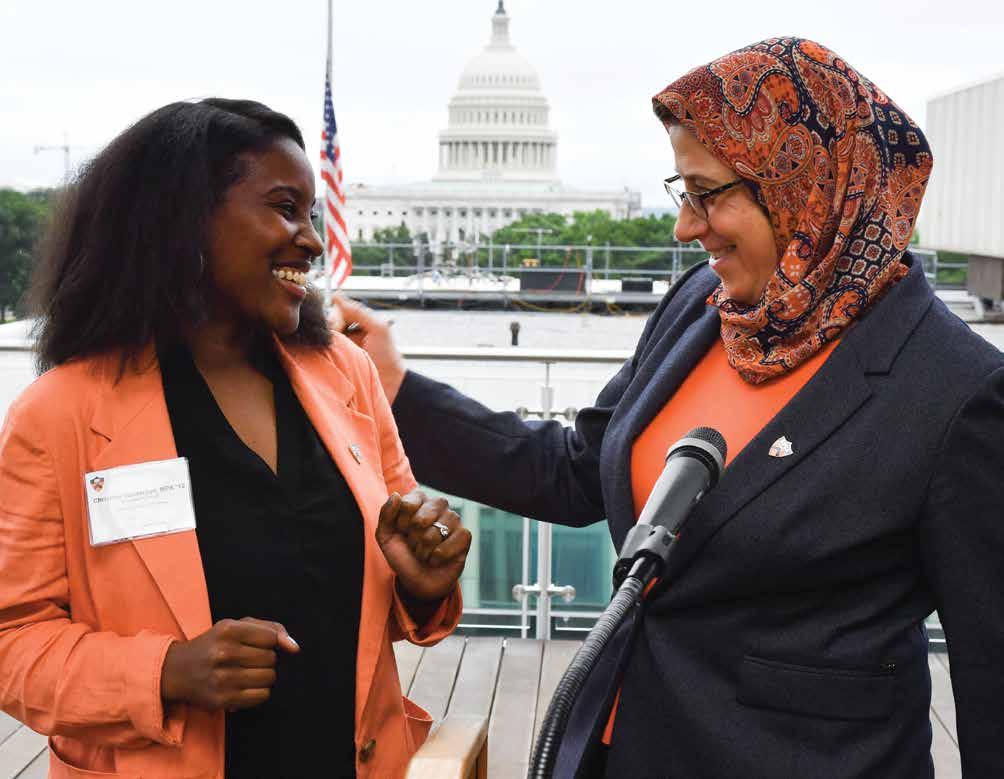

This scholarship program fully funds graduate fellowships and undergraduate summer internships within the U.S. federal government. It’s designed to encourage, support, and prepare students to pursue careers in internationally and domestically focused federal agencies.
During the 2020-21 academic year, 15 Princeton students were selected to participate.
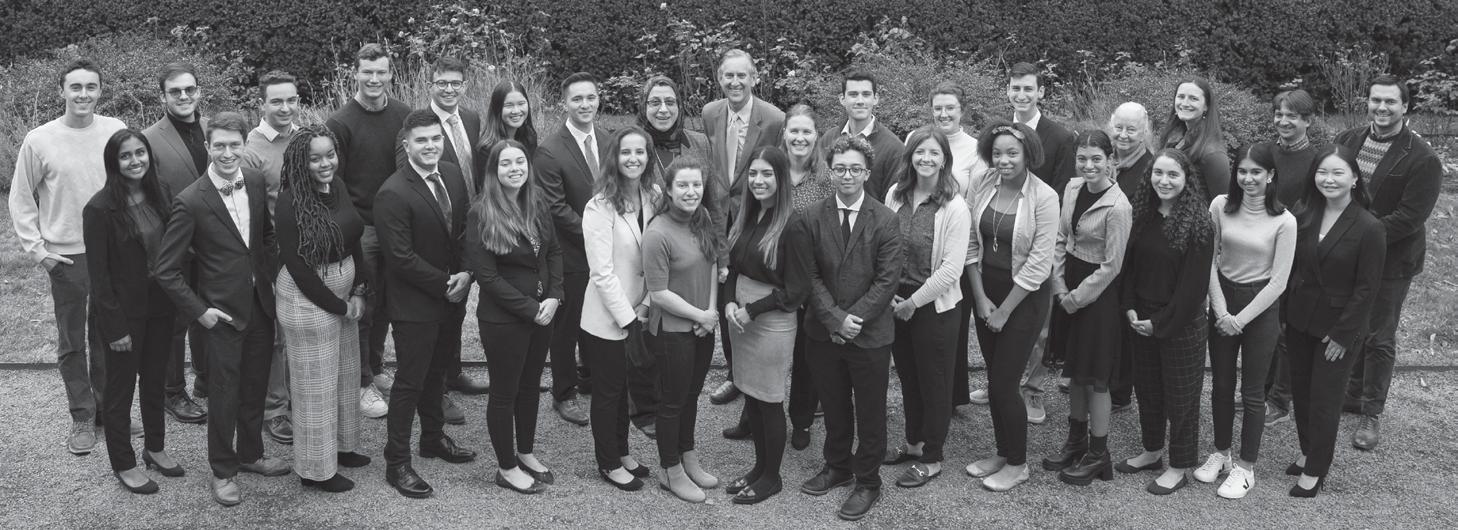
• Ethan Kahn ’22 MPA ’26
• Sarah Lee ’22 MPA ’26
• Joseph “Joe” Shipley ’22 MPA ’26
• Christian Slavin MPA ’26
• Ryan Sung ’22 MPA ’26
Past and present SINSI scholars gather with administrators and Dean Jamal.
• Ana Blanco ’23
• Dillion Gallagher ’23
• Ella Gantman ’23
• Aaron Hilton ’23
• Mary Elizabeth Marquardt ’23
• Nicole “Coley” Martin ’23
• Brandon McNeely ’24
• Leila Owens ’23
• Bradley Rindos ’23
• Natalia Zorrilla ’23
The Public Policy and International Affairs Junior Summer Institute returned to campus after two years of virtual programming, bringing 27 rising college seniors to campus. This two-month summer experience prepares students from historically underrepresented and marginalized backgrounds for graduate study and careers in public policy.
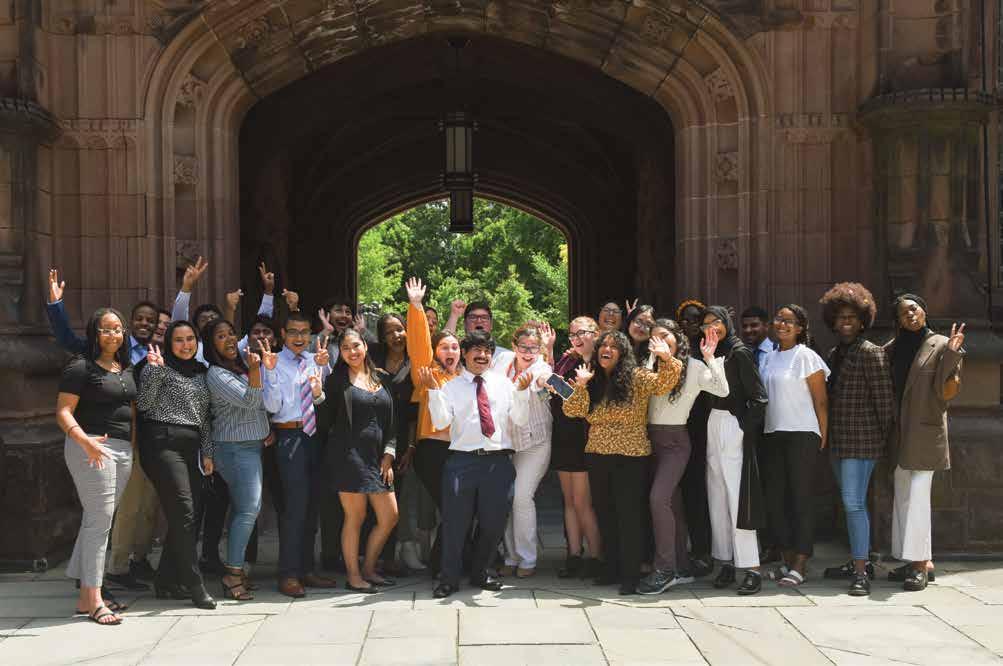

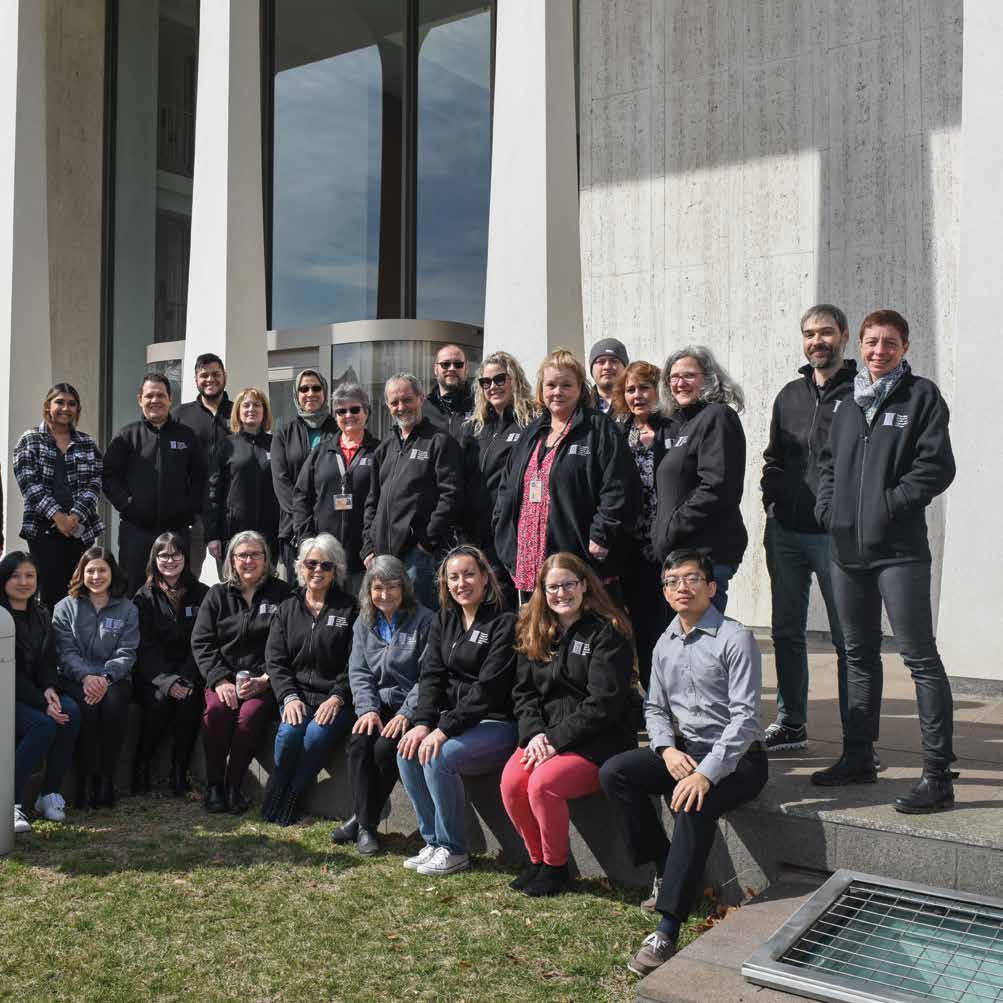
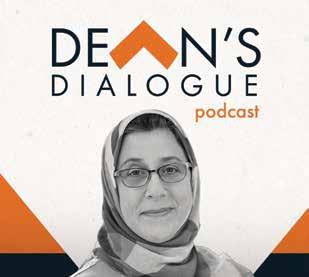

Media Mentions
The School’s podcast enterprise — In Service to Humanity — features audio stories on current events, books and publications, alumni, and more. Below are the shows produced by the School last year, as well as the number of episodes.
• Politics & Polls: 45
Endnotes: 7
#Changemakers: 10
The Dean’s Dialogue: 3
Tiger Prints: 5
The School’s faculty are regularly featured in major media outlets on topics from climate change to domestic and foreign policy.
The School engages its strong following on a host of social media platforms. Below is the School’s follower count at the end of fiscal year 2022.
• Twitter: 14.8K
• LinkedIn: 10.2K
• Instagram: 3.9K
Facebook: 12.1K
The School distributes a number of e-newsletters to keep in touch with its varying constituents.
Total
• In the Policy Debate: A monthly digest of policy-relevant work
• At the Podium: A weekly roundup of thought-provoking events
• At SPIA, We Rise: An internal community newsletter for faculty and staff
• SPIA Reacts: Real-time reactions on current policy debates
• The Dean’s Dialogue: Monthly reflections from Dean Jamal